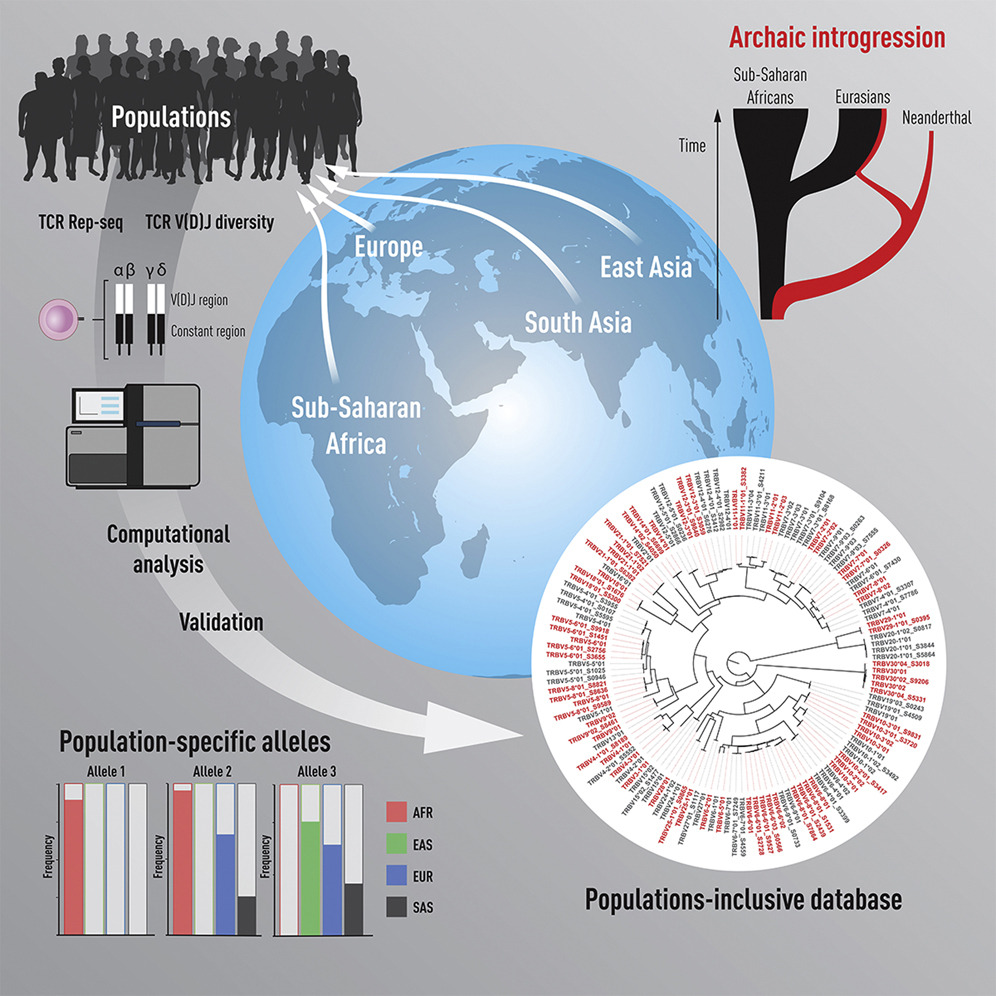This Article supports SDGs 7, 11, and 8 by presenting an alternative means of agricultural transport utilizing solar-powered farm rickshaws versus the traditional fossil fuel vehicles.
Noise and air pollution coexist in many urban/industrial environments, and therefore should be studied using co-exposure models. This study indicates that by investigating one individual stressor at a time, we may significantly underestimate the health risks since noise and air pollution have apparent additive health effects on the cardiovascular system and the brain. The study findings are strongly suggestive of additive/synergistic adverse cardiovascular health effects by environmental stressors that typically co-occur in large cities and urban/industrial settings, with a significant contribution to the disease burden and health care costs that may even exceed the most pessimistic scenarios.
Many of the forests of the world are parts of complex landscapes that include intact native forests, forests utilized by communities, and agricultural lands. Understanding ecosystem services at the scale of landscapes benefits from careful consideration of transitions among these land uses, and this article examines these topics for landscapes in Peru and the Philippines.
This Article supports SDG 3 by assessing the incidence of HCV infection among people with HIV, during different periods statified by level of access to direct-acting antiviral therapy for HCV. Broader access to this treatment was associated, through a "treatment as prevention" effect, with lower incidence of HCV infection - approximately 50% lower in the period of broad access to the treatment compared with the period before access to the treatment.
Our research explores how Stakeholder Capitalism can contribute to global governance to achieve all the 17 SDGs. The main findings revealed that Stakeholder Capitalism and its principles are favorable to foster a friendly environment for achieving most of the SDGs and can contribute to global governance in achieving mainly the SDGs 8, 9, and 17. However, Stakeholder Capitalism literature is incipient for the SDGs 6, 14, and 15, needing further research development by considering non-human stakeholders and the environment.
Reducing emissions and improving environmental conditions are now a global priority for promoting sustainable growth and preventing the adverse consequences of global warming and climate change.
Review article that examines 66 studies to understand the state of knowledge on the relationship between urban environment and the travel of people with disabilities. Adapts the classic travel demand model to the mobility characteristics of people with disabilities, interprets the existing literature, points out the missing links, and suggests directions of future research.
Scientific and political conversations about the role of animal-source foods (ASFs) in healthy and sustainable diets are often polarizing. To bring clarity to this important topic, we critically reviewed the evidence on the health and environmental benefits and risks of ASFs, focusing on primary trade-offs and tensions, and summarized the evidence on alternative proteins.
Health for All must include representation of people with lived experience in the research underlying health care: this paper describes a first-person experience of this in mental health.
The frequencies of immune receptors on T lymphocytes varies among African, East Asian, South Asian and European populations.

